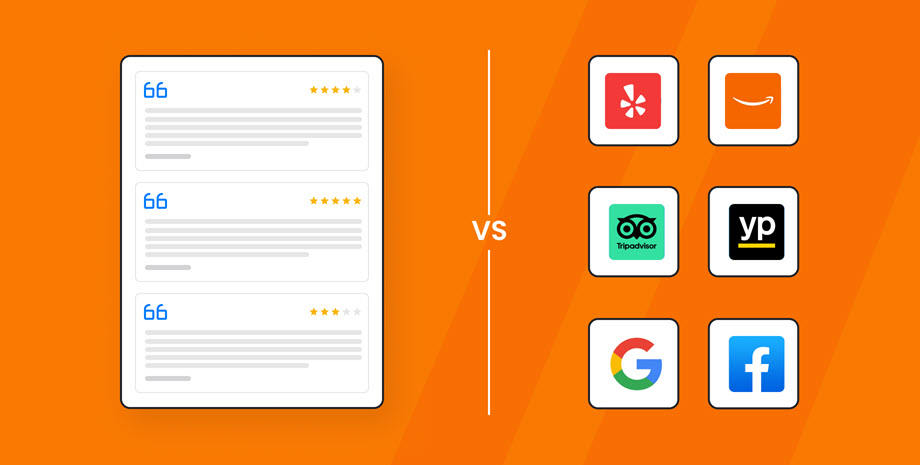It is estimated that every human adult makes about 35,000 decisions per day. From subconscious thoughts like breathing to deciding how many times to hit that snooze button, the human brain is constantly tasked with deciding. Sometimes outside influence helps to guide our decisions, especially during unfamiliar or uncomfortable situations. This psychological concept is known as social proof.
When searching for a product or service, how do you choose which company to select? Well, suppose you're like 85 percent of most online shoppers. In that case, you'll likely be inspired by the direct feedback or customer reviews of people you trust. At its heart - this is the social proof definition, the concept of receiving input from others to formulate a decision.
In the marketing world, social proof is achieved via word-of-mouth advertising. Whether due to a consumer review on Amazon, an endorsement by a social media influencer, or publishing real-time statistics on a website to encourage new visitors to do the same, social proof in marketing impacts the buying decision of 85 percent of shoppers.
The information below explains the truth about social proof and how it impacts today's digital marketing space. We will explain what social proof is and how it was 'proven' and introduce a few modern automated tools that help companies increase several form of social proof concepts, drive more web traffic to landing pages, and convert more visitors into sales.
What Is Social Proof?
Let's start with a quick real-world situation. Do you remember your first high school dance? It's entirely possible that you may have been nervous simply because you didn't know how to dance in the first place or didn't know how to act. So, you likely took a seat in the bleachers for a while and watched everybody else.
Eventually, you noticed a friend hop on the dance floor. You watched how they interacted with people and decided to join them. The main reason for this was their subconscious influence on you – an example of the Social Proof Theory.
Social Proof Definition

In 1984, a psychologist named Robert Cialdini wrote a book called Influence, The Power of Persuasion, which described informational social influence. It was based on a theory that people tend to emulate the actions of others during uncomfortable or unfamiliar situations.
Social proof is basically the act of following others, herd behavior, or mob mentality. This occurs when people look to the actions or advice of peers, leaders, influential people, or experts to guide them into a decision.
Cialdini's book suggested that four mechanisms are included in the Social Proof Theory. These are the four included within his case studies.
Uncertainty – The first action that stimulates the Social Proof Theory is unfamiliarity. This happens when people are engaged in an uncomfortable situation due to their surroundings, knowledge, or comprehension of a situation.
Similarity – When someone is uncomfortable, they have two options:
- They can abandon the situation.
- They can begin to slowly break down that uneasy feeling through education.
If they choose Option B, the first thing someone typically does is to look to a peer or someone they have something in common with for direction. Most people are attracted to people who they perceive share similarities when uncomfortable during a given situation. As such, they typically gravitate to those they share similarities for guidance.
Expertise – As those feelings of discomfort begin to break down, the education continues. If an individual is perceived as knowledgeable, they are often regarded by others as industry experts. Social proof is enhanced when experts make recommendations to others who are not knowledgeable.
Number – When an individual seeks input from others, including experts, peers, and others, they'll look for more of the same. They seek wisdom of the crowd. Numbers matter when making decisions and is a key factor when outlining a marketing strategy.
What is Social Proof in Marketing?
Now that we have a basic understanding of social proof, the next question is what social proof is in the digital marketing space. In marketing and advertising, Social Proof follows the same concept – new consumers will follow the lead of others.
Social Proof in online marketing is a technical variant of word-of-mouth advertising. It can be activated via social media platforms, larger review websites, or directly on your websites. However, in today's digital world, it can also be accomplished through media coverage, direct product or company reviews, and feedback about a customer's buying experience.
Why is Social Proof Important?
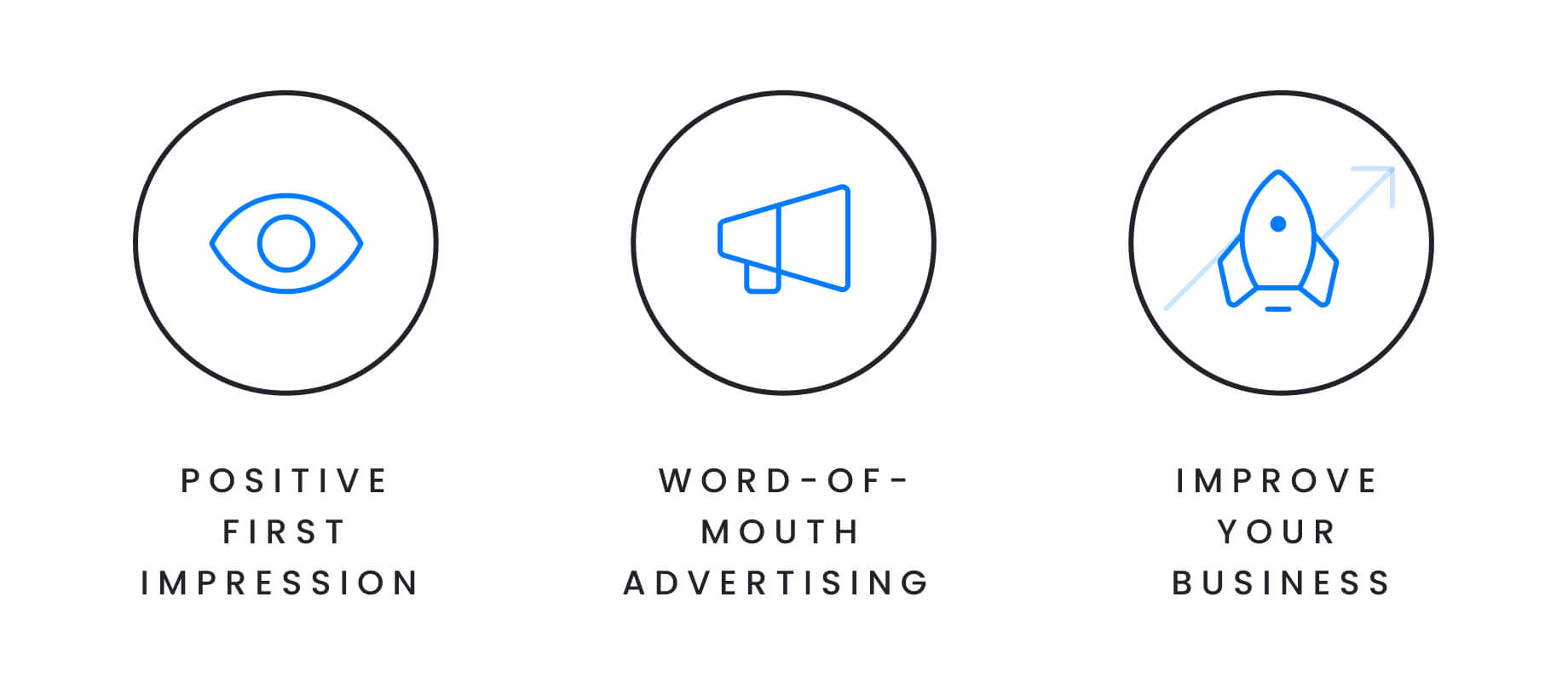
Consumers retain information uniquely. Some prefer direct referrals from peers, while others will complete their research to formulate opinions. However, one thing all shoppers have in common is being influenced by public feedback.
This is the power of social proof – and why most corporations infuse many of its elements into their digital marketing programs. Here are a few specific reasons why it's essential.
1. Creates a Positive First Impression
Consumers gather opinions about a company based on two primary considerations.
- Their personal experience with the company, its goods or services, or interaction with its people.
- The opinions of others who have similar personal experiences.
As we know, social media platforms and review sites provide consumers with an open forum to express their opinions. And since nearly 60% of the world's population relies on social media and other online platforms to impact their general opinions about brands, having more positive reviews, ratings, and rankings on high-traffic websites like Amazon, Facebook, and Google makes a huge difference.
2. Provides Digital Word-of-Mouth Advertising
The primary goal of every business is to ensure customers are satisfied with their purchases. Whether you provide a service or sell products, a happy customer also creates word-of-mouth advertising opportunities.
Social proof concepts in marketing take this proven advertising strategy and elevate them through the power of digital commerce. When your customer takes the time to publish a review of your business, other users have confidence knowing that it comes from a verified source. This can increase conversion rates once the new customers visit the website.
3. Can Help Improve Your Business
Every business owner also knows that you simply can't please everyone. Sometimes a review posted on your Google My Business page will not paint a flattering image of your company. While these don't help improve sales initially, not replying to them – or worse, not fixing them – can make a significant negative impact.
To avoid this issue, it's important to analyze all feedback and find out why a previously unsatisfied customer expressed their opinion. The simple act of reaching out to them in a public forum tends to make a positive impression on third-party reviewers.
But, in the end, a negative review provides valuable feedback. So you can discover problems, determine the root issue, and make corrections to ensure it doesn't happen again.
5 Types of Social Proof
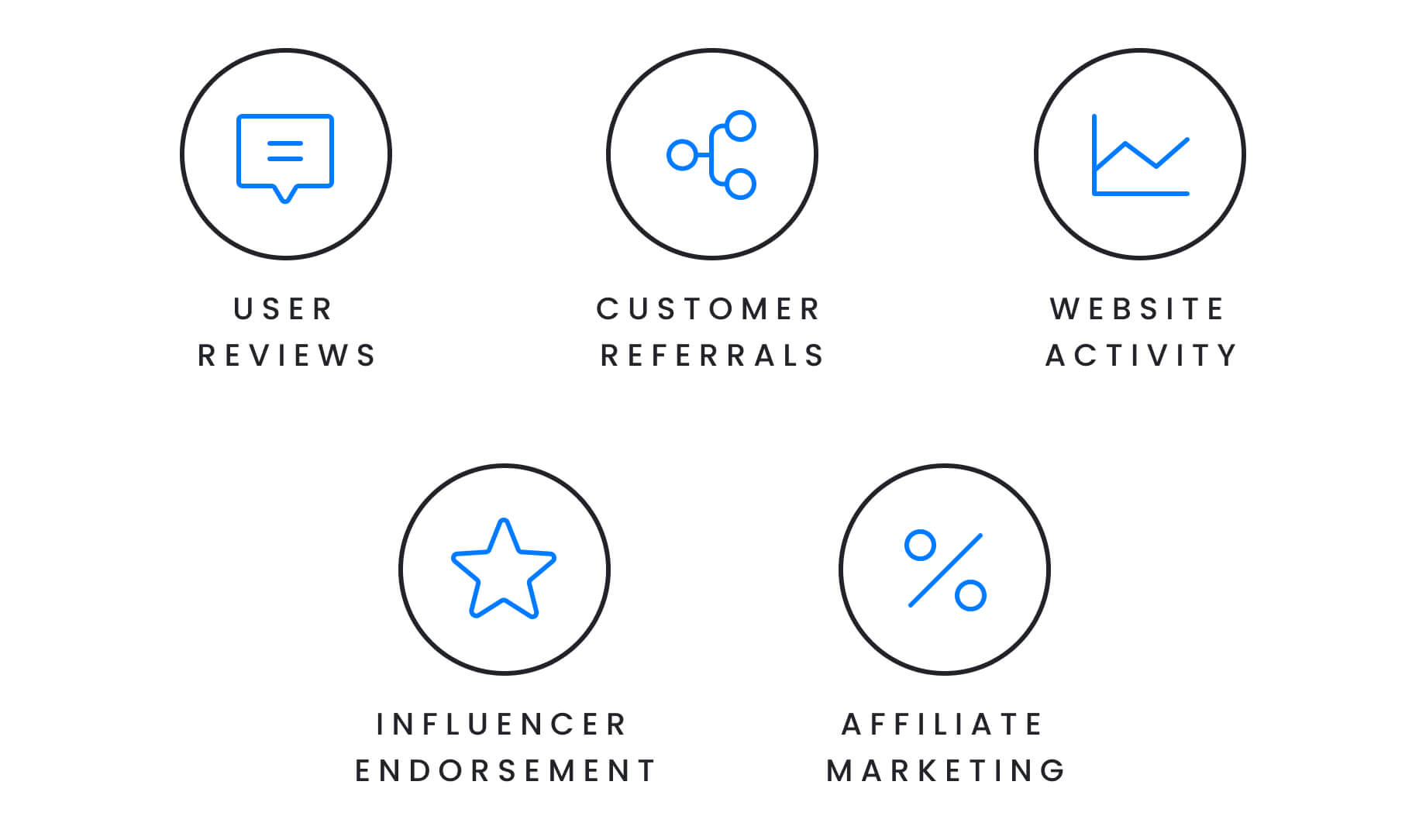
Here are a few examples of how marketers use social proof to increase brand awareness, drive more traffic to their websites, and convert those visitors into leads and sales.
- User Reviews - The internet puts the power of persuasion into action by giving consumers a voice to express their opinions. Social networks and online platforms like Google My Business, Facebook, Amazon, and Yelp have dedicated services that allow consumers to rate the services or products of a company. This information helps guide other consumers to make informed decisions.
- Customer Referrals - This follows the user review concept above – but is enhanced when a customer has an extremely favorable opinion of a company. At this point, they are directly referring their business to others. This information is often shared via social media platforms, including Instagram, LinkedIn, Facebook, and more.
- Website Activity - When new visitors are directed to a company website through a referral, specifically those who sell a service or eCommerce products, they can be influenced into action by seeing live examples of other user activity. It can also create the fear of missing out on a special deal or discount.
- Influencer Endorsement - The next level of social proof is celebrity or influencer endorsements. Their fans are often influenced by the celebrity stamp of approval. Influencer marketing is one of the quickest growing of all social proof programs. Celebrity endorsements are other examples that fit into this category.
- Affiliate Marketing - Companies like Amazon depend on affiliate partners to generate a good portion of their business. In fact, nearly 40% of all Amazon sales are driven by their Amazon Partners – who serve as micro-influencers promoting products sold through their eCommerce platform.
Another social proof concept that people trust include expert testimonials from those who hold experience, certifications, or credibility due to their profession. This is often called expert social proof.
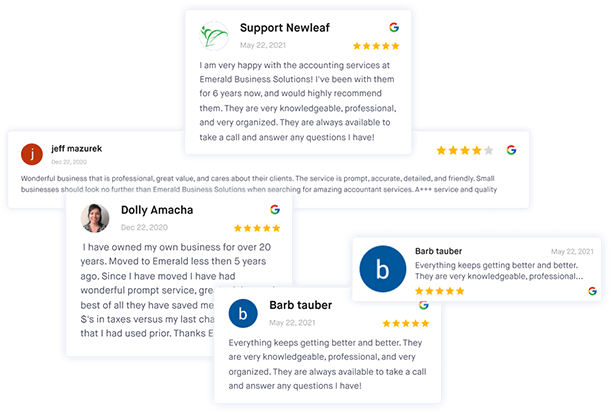
Leverage feedback and reviews to improve your online reputation
Get more reviews, build trust, and grow your business with ReviewsOnMyWebsite.
How to Use Social Proof to Increase Conversions and Boost Your Business: 3 Proven Strategies
Since many customers gravitate to companies who provide solutions to problems, they seek. It's due to this fact that some social proof strategies and programs work better than others, specifically, to boost sales.
Below are three of the best social proof examples that can help increase conversions on your website.
Strategy #1 – Drive them To the Website with Positive Consumer Reviews
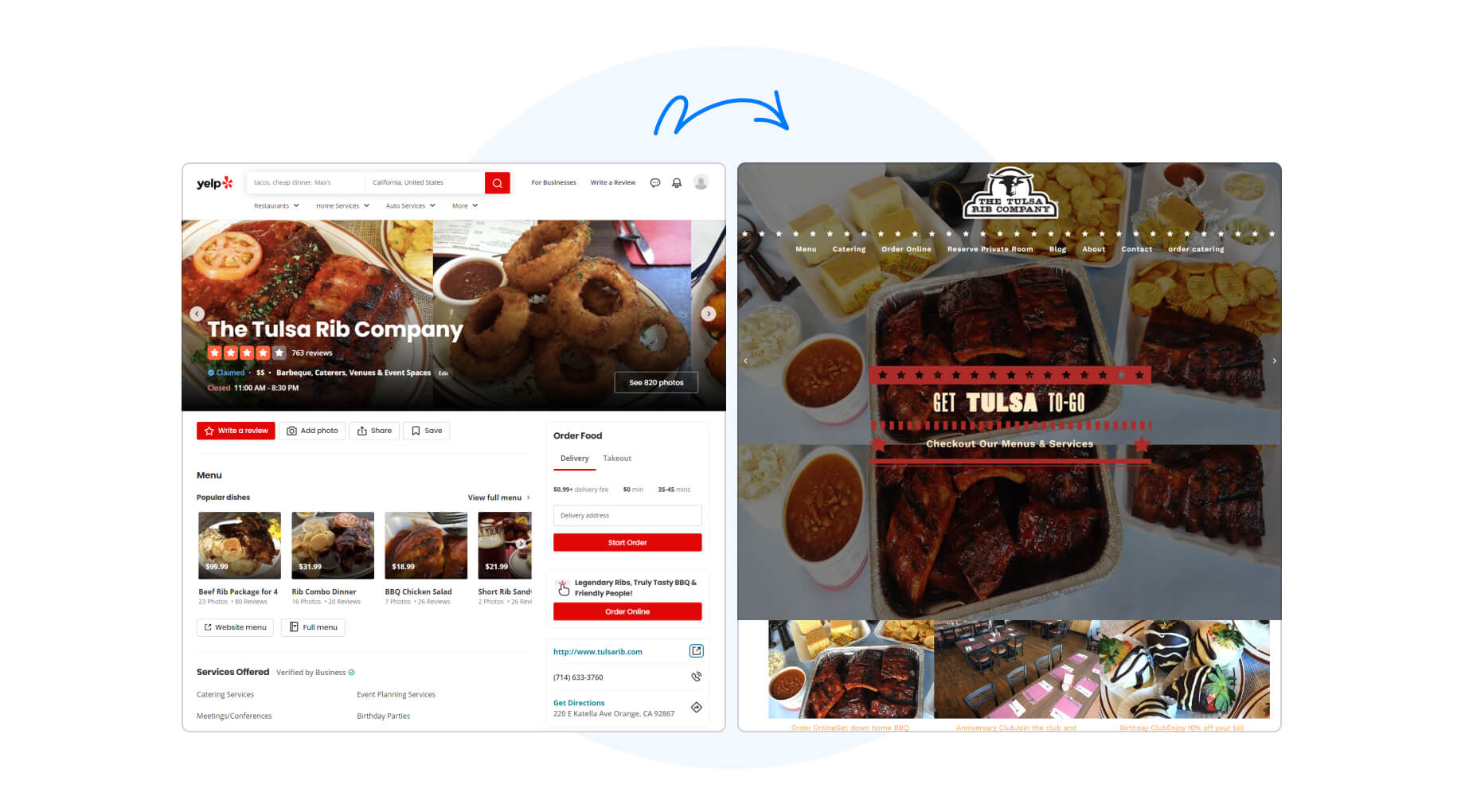
The first step to driving online conversions is creating quality leads. When a potential customer is looking for a solution to a problem they have, this is considered an 'uncomfortable situation.' As we've analyzed above, with the Social Proof Theory, they are influenced by the testimony of others to whom they can relate.
Therefore, positive consumer reviews on high-traffic websites like Facebook, Yelp, Amazon, and Google My Business are precious. If you can convince previous customers who were satisfied with the service or products you provided to publish reviews, that introduces more opportunities to drive like-minded potential customers to your website.
If you can make it easier for the customer to publish the review via emails or text messages that send them directly to those websites – that's even better.
Strategy #2 – Boost Their Confidence by Showcasing Direct Customer Testimonials
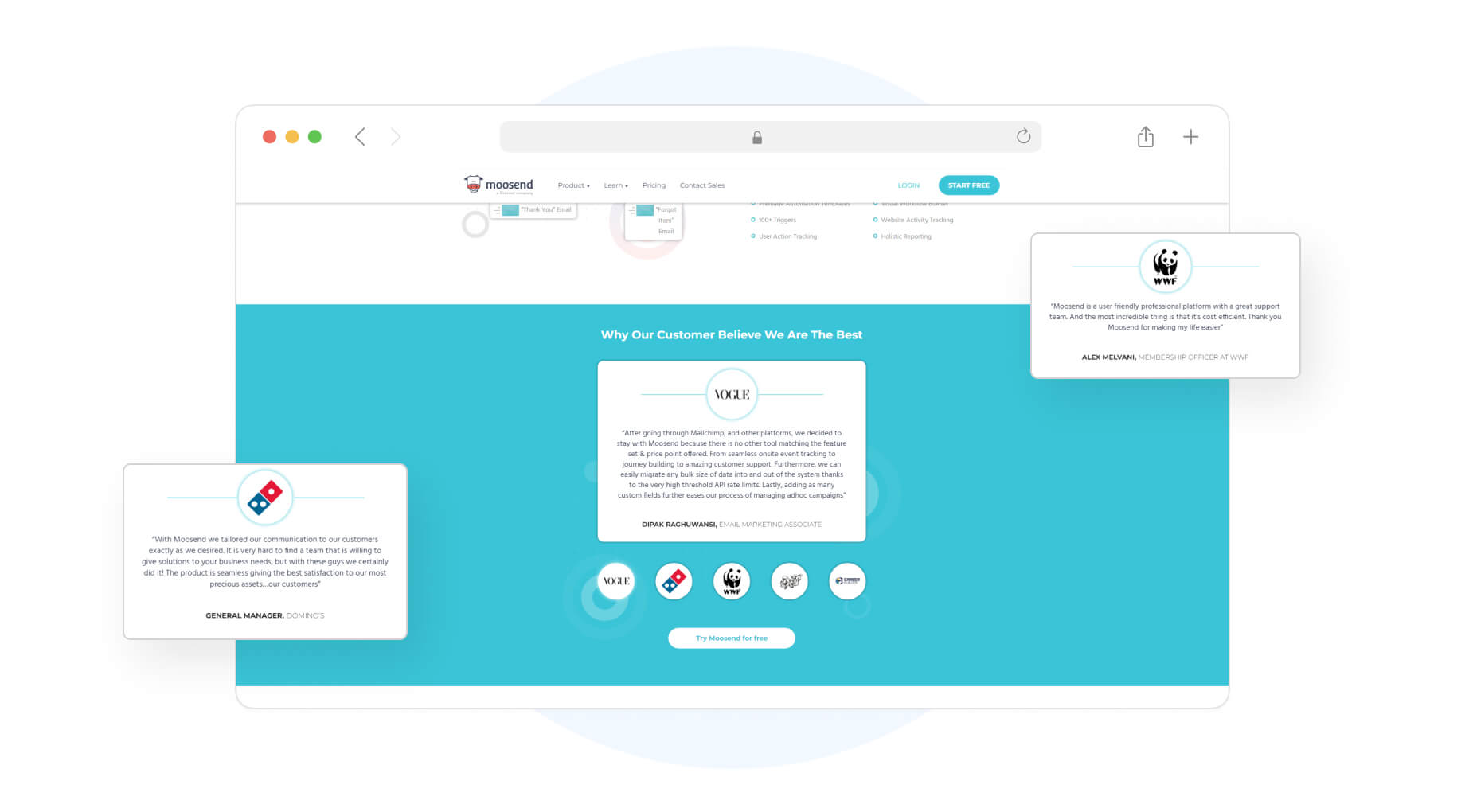
Earlier, we addressed the importance of numbers when it comes to providing comfort to customers looking to 'pull the trigger on a purchase. When you have an eCommerce website, displaying positive reviews on credible websites like those we mentioned above can nudge them into a conversion.
Some of the best locations to display previous customer testimonials or product ratings include the following:
- Home Page: Create a widget that displays consumer reviews or an overall company rating on sidebars, banners, footers, and other subtle locations.
- Product Description Pages: If you have subpages introducing a product you're selling, why not post a direct product review for others?
- eCommerce Shop: The final step to driving a conversion is when the customer has the easiest chance to 'add to the cart. Publish an overall product star rating from Amazon (if you sell products through that platform) or your My Business page on Google to help guide that new customer to a conversion.
Strategy #3 – Create Affiliate Programs

An affiliate program rewards influencers to promote your company. Most affiliate programs are set up to provide a small commission – between 5 to 20% to the affiliate to determine how to separate. For example, if they have 20% worth of commission, sometimes they will create a promotional code that gives their followers a 5% discount. The affiliate will receive the remainder of the 15%.
This is exceptionally powerful – especially for eCommerce businesses, for a few reasons.
- It provides no risk to the business.
- Can be integrated with content marketing efforts - such as public relations, blog writing, SEO strategies, and other use of social proof programs.
- Anyone can be an influencer. These are known as micro-influencers which is what Amazon does to drive 40% of its business.
- Drives more visitors to your website – to review those strategies above.
How ReviewsOnMyWebsite Can Help You Use Social Proof in Your Marketing
It's easy to understand how critical online reviews are for building credibility, driving traffic to your website, and converting those leads into sales. ReviewsOnMyWebsite offers an affordable and simple-to-use solution that allows you to build your business's online review credibility and showcase it on your website and other platforms.

Leverage feedback and reviews to improve your online reputation
Get more reviews, build trust, and grow your business with ReviewsOnMyWebsite.
Top Features
- All-in-One Review Management Software - Our software lets you send SMS and email review requests to your customers asking them to leave a review.
- Constant Stream of Social Proof - Customize the messaging to provide direct links to Facebook, Yelp, Amazon, Google, and more. This makes it easier for the customer, further extending your relationship with them.
- Display Reviews on Your Website - The social proof widget can be customized to display reviews from specific websites, overall star ratings, and more. Plus, it's customizable to match your brand appearance.
Key Takeaways on Social Proofing
As you can clearly see, there are many different types of social proof. Sure, metrics and improving the customer experience is vital to growing a business head into 2022 and beyond. However, they'll have to embrace creative yet effective ways of improving their online reputation.
The Social Proof Theory established by Robert Cialdini provides a clear roadmap to how people tend to make decisions. Companies like Amazon, Starbucks, and Costco have proven that word-of-mouth advertising, celebrity social proof, social share, and other simple concepts work.
By focusing on improving your online testimonials on high-credibility review websites from satisfied customers, you'll be able to increase the positive reviews, which sets you up for a successful social proof campaign.
FAQs
How does social proof work?
The Social Proof Theory, introduced in the book Influence: The Power of Persuasion, suggests that people tend to make decisions based on the actions or feedback of others. This occurs when they are unfamiliar with a product or service or in an unfamiliar or uncomfortable environment. Some examples of social proof are testimonials, reviews, and rankings of companies posted online.
What is social proof in eCommerce?
Ecommerce social proof strategies are indirect marketing efforts. The feedback of previous customers, celebrities, or influential people drives traffic to a marketplace. It's also when a previous customer provides their direct feedback on purchasing a product, such as an Amazon or Walmart purchase. The customer can leave a written review, star-rating, or general overview of the product, the buying process, and customer service.
What is a social proof statement?
A social proof statement is articulated through an expert testimonial. It’s also referred to as an expert’s social proof. This occurs when an industry professional or expert in a specific field recommends a company or product. This is typically done via social media, when the expert promotes the brand on Facebook, Instagram or Twitter.
What is negative social proof?
Negative social proof occurs when a previous customer or individual leaves a review that does not showcase the company in a positive way. This typically occurs when a customer has a negative shopping or interaction with a business. It becomes harmful when the review is not resolved by the company, which is why a business needs to monitor their customer feedback and try to resolve any negative experiences.
What is a social proof notification?
A social proof notification is an online widget or tool that displays real-time customer engagement on a website. Some examples of this would include a pop-up that displays how many active users are on the website, if someone signed up for a newsletter, made a purchase, or inquired about a service offered by a business.
What is FOMO social proof?
FOMO is a social proof notification tool that displays current or previous website activity. It is often used by companies that are looking to drive online conversions of new visitors to their websites. This plug-in can be personalized based on information the company wishes to notify the user.



